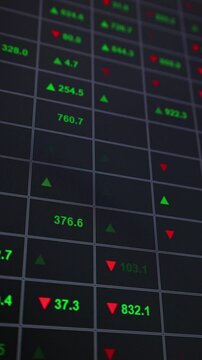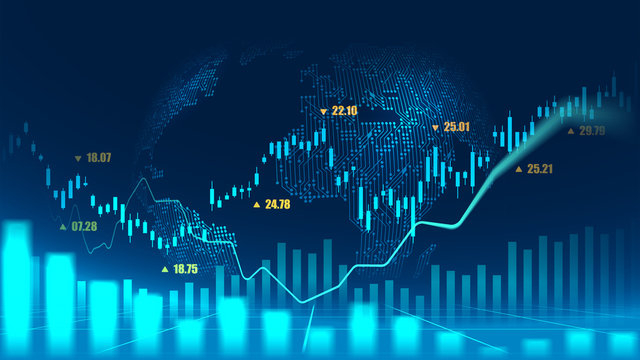Market Analysis and Strategic Trading Approaches
Successful trading in today's complex financial markets requires a deep understanding of both technical and fundamental analysis principles. Technical analysis involves studying price charts, volume patterns, and market indicators to identify potential trading opportunities and predict future price movements. This approach relies on the premise that historical price data contains valuable information about market sentiment and trader behavior.
Fundamental analysis, on the other hand, focuses on evaluating the intrinsic value of financial instruments by examining economic indicators, company financials, industry trends, and geopolitical factors. Professional traders often combine both analytical approaches to develop comprehensive trading strategies that account for short-term market fluctuations and long-term value propositions.
Risk management remains a critical component of any successful trading strategy. This includes position sizing, stop-loss implementation, portfolio diversification, and maintaining appropriate risk-to-reward ratios. Advanced traders also utilize hedging strategies and derivatives to protect their positions against adverse market movements while maximizing potential returns.




